Mediheal Report Shows Majority of Kidney Donors Came From Mt Kenya Region
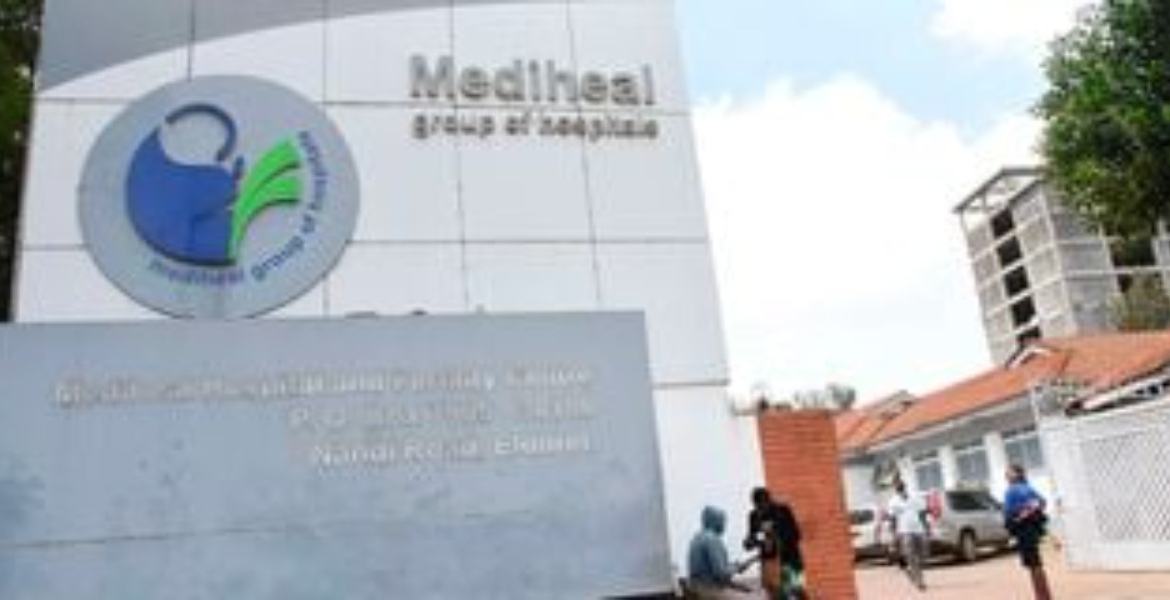
Mediheal Hospital, a prominent medical facility in Kenya, is currently under intense scrutiny following allegations of unethical kidney transplant practices and potential involvement in organ trafficking.
An investigation has been launched in response to concerns raised by international organ transplantation oversight bodies, which have flagged irregularities in the hospital's transplant procedures. The allegations have prompted the Kenyan government to launch a comprehensive review of the hospital's transplant services, raising broader concerns about the integrity of Kenya's healthcare sector and its role in medical tourism.
The investigation into Mediheal's transplant practices was initiated following inquiries from international organ transplantation authorities, including The Transplantation Society and the Declaration of Istanbul Custodian Group. These organisations raised concerns after Israeli patients who had undergone kidney transplants at Mediheal reported receiving organs from questionable sources. The suspicions were further fueled by discrepancies in hospital records, including unusual donor-recipient relationships and the origins of donors.
A formal communication from the global agencies, addressed to Kenya's Ministry of Health, cited evidence collected by Israeli authorities indicating that foreign kidney donors, many allegedly trafficked, had undergone transplants at Mediheal's Eldoret facility. The oversight bodies also noted that the implicated doctors were of Indian origin, while the organs purportedly came from Central Asian donors.
In response to the escalating concerns, Kenya's Ministry of Health launched an internal probe, allocating a budget of Sh1.3 million for a fact-finding mission to examine the allegations against Mediheal. The Kenya Blood Transfusion and Transplant Service (KBTTS), formerly known as the Kenya Tissue and Transplant Authority, appointed a 12-member investigative committee to review 372 transplant cases conducted at the hospital since 2018.
However, the integrity of the committee's findings has been called into question. Dr. Philip Cheptinga, a member of the investigative committee, has alleged that the final report was altered to obscure key evidence against the hospital. According to Dr. Cheptinga, directives for modifying the report originated from senior officials within the Ministry of Health. Three committee members allegedly withdrew from the final stages of documentation, refusing to comply with instructions to adjust the report's conclusions.
In light of these allegations, Health Cabinet Secretary Aden Duale moved to suspend the key officials leading the inquiry, Dr. Maurice Wakabubwi and Dr. Everlyne Chege, pending a fresh review. To restore public trust in Kenya's transplant sector, the ministry has commissioned an independent expert committee to conduct a full audit of kidney transplant services at Mediheal facilities over the past five years.
A six-year analysis of kidney transplant records at Mediheal Hospital has revealed that a significant majority of organ donors originated from Kenya's Mt Kenya, northern, and Rift Valley regions. Among foreign transplant recipients, Israeli patients comprised the largest group. Between November 28, 2018, and March 7, 2024, a total of 382 kidney transplants were conducted at Mediheal. Donor names were predominantly linked to Mt Kenya (103), northern Kenya (97), and Rift Valley (86).
Other donors hailed from Nyanza (39), Eastern (26), Coast (18), and Western (nine). In four recorded cases, the origin of donated kidneys could not be traced, as only first names were listed in medical records. Mediheal's transplant procedures come at a substantial cost, with the base price for a kidney transplant set at Sh2 million. This package covers pre-surgical evaluations for both the donor and recipient, surgical and medical fees, and post-operative hospital stays—10 days for recipients and four days for donors.
However, the price does not include potential complications such as infections, post-transplant rejections, plasma exchange requirements, or treatments for sepsis, which could add between Sh300,000 and Sh800,000 to the overall expenses. Patients are further required to manage post-surgical costs associated with immunosuppressive medications and laboratory tests, estimated at Sh400,000–Sh500,000 for the first year. Beyond that, annual lifelong treatment expenses range from Sh150,000 to Sh250,000.
Given the necessity of continuous medication to prevent organ rejection, Mediheal warns that patients who discontinue prescribed immunosuppressive drugs risk graft failure, forcing them back into dialysis. Consultant nephrologist Dr. A.S. Murthy has emphasised the need for long-term monitoring of kidney recipients, who must undergo mandatory evaluations—including checks on blood pressure, glucose levels, blood count, urine analysis, and tacrolimus drug levels—every two months.
Despite mounting scrutiny, Mediheal's leadership has dismissed claims of wrongdoing. Mediheal Chairman Dr. Swarup Mishra has insisted that the hospital has followed due process in selecting donors and recipients. According to Dr. Mishra, Mediheal does not facilitate donor selection or offer payment to kidney providers.
“We at Mediheal have not done any selection of donors or paid anyone for a kidney,” Dr. Mishra asserted. “None of the allegations being made are true. We are waiting for the government to develop a legal framework that will aid us in donor selection, and the Health Ministry is currently working on it.”

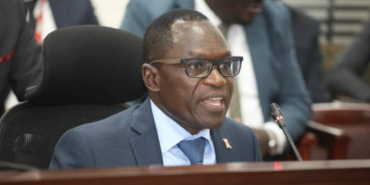
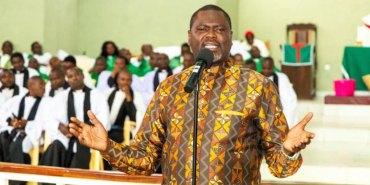
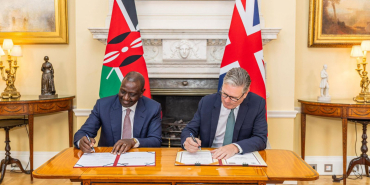

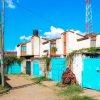
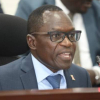
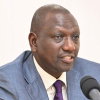
Add new comment